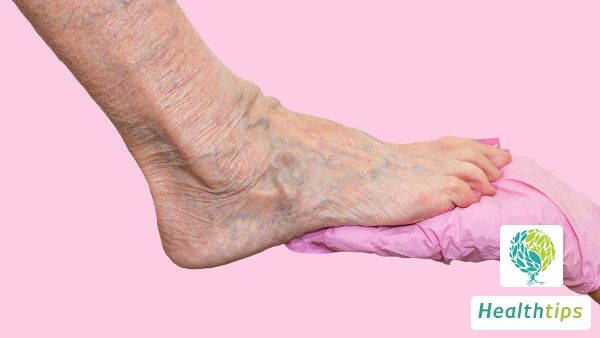Hemorrhoids and colorectal cancer are two different diseases. Although both are related to bowel movements, they differ in terms of etiology, symptoms, and treatment. Patients can distinguish them through clinical manifestations and auxiliary examinations. 1. Etiology: The etiology of hemorrhoids is still unclear and may be related to factors such as the downward movement of the anal cushions and varicose veins. The occurrence of colorectal cancer is mostly related to dietary habits, genetic factors, etc. 2. Symptoms: Hemorrhoids mainly manifest as bleeding or pain during defecation, as well as anal itching and other symptoms. In the early stages of colorectal cancer, there are often no obvious symptoms, but as the disease progresses, symptoms such as abdominal pain, diarrhea, and constipation may appear. 3. Auxiliary examinations: Hemorrhoids can be diagnosed through anal finger palpation and anoscopy, and pathological examination may be performed if necessary. Colorectal cancer requires abdominal CT, colonoscopy, and other examinations for diagnosis, and pathological examination is needed to confirm the diagnosis. 4. Treatment methods: For hemorrhoids, medication or surgical treatment is generally used to relieve symptoms, such as the use of Mahuanglong Musk Hemorrhoids Ointment or other surgical methods such as thrombosed external hemorrhoid stripping. Colorectal cancer requires the selection of appropriate treatment methods based on the stage of the tumor, such as endoscopic mucosal resection. It is recommended that patients pay attention to healthy eating habits, avoid overeating, and eat plenty of fresh fruits and vegetables such as apples and tomatoes. At the same time, they should also do moderate exercise to enhance their resistance.


